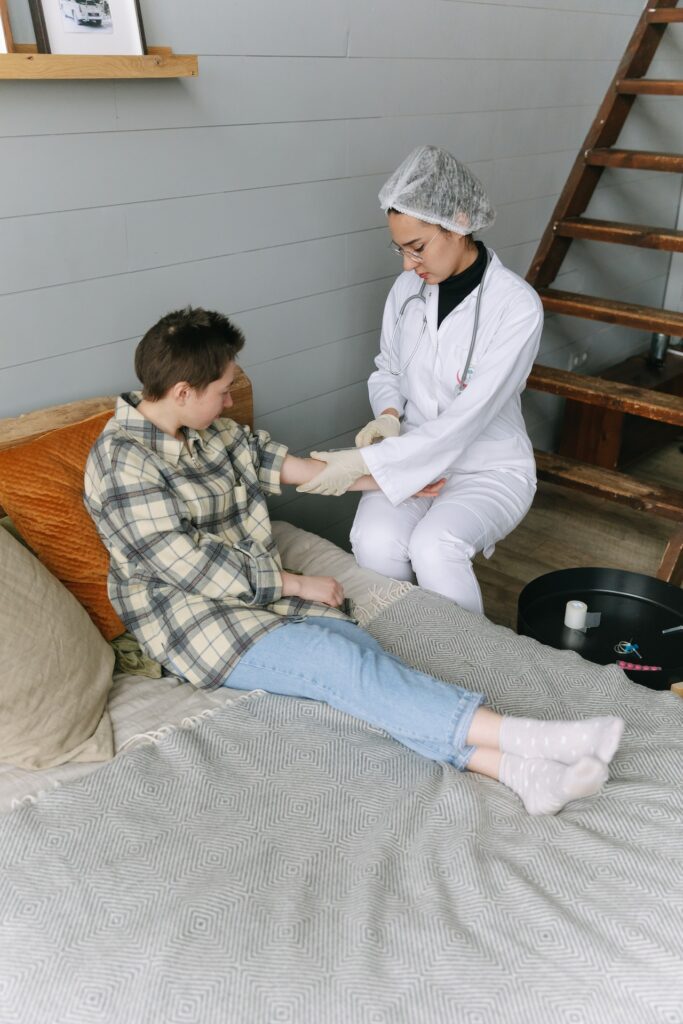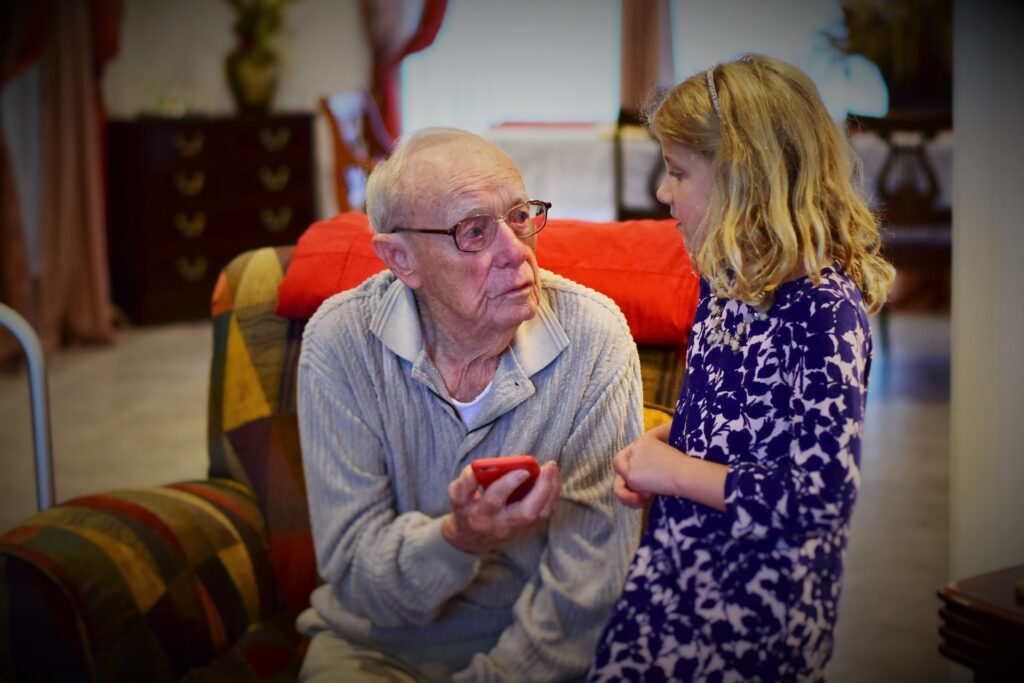
These days, a lot of people would rather avoid the hectic bustle of hospitals and the clinical sterility of nursing facilities and assisted care homes. It doesn’t matter if you’re suffering from an injury or illness, declining from age-related problems, or recovering from surgery, the comforts of home are preferable over any medical facility. But a lot of people are unsure how to qualify for home health care, who can help them find home health care, and what they should and shouldn’t expect from home health care.
Home health care is a great choice for many patients. Research shows that patients recovering at home are quicker to recover from their ailments than hospitalized patients, report less pain and more positive moods, and enjoy greater independence. Since many excellent organizations offer top-notch health care in homes, there’s no reason not to learn about home health care to see if it can help you or someone you love. Read on to learn if this service is right for you.
The First Step: Talk to Your Doctor
First, home health care can only be ordered by a doctor who regularly cares for the patient. He must have devised a plan of health services for the patient, and he must regularly review the plan to ensure it’s meeting the patient’s needs. For these reasons, the referring physician cannot be an emergency room doctors, who do not regularly review patients’ cases once they leave the ER, or specialists, who do not devise patients’ broad health care plans.
Additionally, the referring doctor or an associated non-physician healthcare provider must have had a face-to-face meeting with the patient no more than ninety days before or thirty days after home health services begin. Once home health care has begun, this doctor remains as the patient’s primary physician and will receive regular updates from the home health care team and regularly review the patient’s case.
The Patient’s Qualifications
Once the subject of home health care has been breached, the doctor will assess the patient to see if she qualifies for home health care. There are several criteria the patient must meet:
- The patient must be home bound. This means that the patient struggles to leave the home without assistance, either from mobility devices such as crutches or a wheelchair, or from another person. Being home bound does not mean the patient must stay home, but if the patient can leave the home without difficulty, then she will not qualify for home health coverage.
- The patient must need intermittent skilled services. These include nursing care and various therapies. If a patient needs round-the-clock care, the doctor will not recommend home health care, as the patient will receive better care in a medical facility.
- The patient must be expected to recover in a reasonable amount of time. A patient who is likely to pass away from her condition might then instead receive home hospice care.
Once the doctor certifies these conditions, then home health care can begin. The doctor will continue as the patient’s physician, regularly consulting with the home health care team in order to ensure that the patient is receiving excellent care and making changes to the patient’s plan and prescriptions as needed.
In learning how to qualify for home health care, the patient or her family have probably already investigated several home health agencies. They have a say in choosing which home health organization delivers her care. Choosing an agency close to the residence is a smart choice, as that allows for quick responses to crises. They will probably also want to choose a provider that is well staffed and not overwhelmed by an existing caseload. However, sometimes a patient’s choices are limited by what private insurance covers.
The Patient’s Needs
Once a home health provider is chosen, the doctor will communicate with the provider, discussing the patient’s needs, diagnosis, and capabilities. Together, they will create a home health plan that will help the patient recover as quickly as possible.
The patient can expect to receive help from a variety of people:
- Skilled nurses ensure that all service providers are following the health care plan and the doctor’s orders. He will also perform many direct tasks with patients, such as wound care, giving injections, health monitoring, and much else besides.
- Physical therapists help patients regain strength and range of motion. Occupational therapists help patients perform tasks of day-to-day living. Speech therapists help patients with communicating and swallowing.
- Social workers can provide counseling to patients and help patients locate community resources that might aid in recovery.
- Home health aides assist patients with personal needs, such as dressing and bathing. Under the nurse’s direction, they might perform vital sign monitoring and simple wound care.

Top-Quality Care in the Home
At UCLAHHC, we sincerely believe that patients using in home health care services can receive a standard of care equal or superior to what they can expect from a health care facility. But some people worry that their loved ones will not or cannot receive excellent care if they stay at home, receiving only intermittent visits from medical professionals.
For most home health patients, family caregivers provide the bulk of support for the patient. They are often stressed and overwhelmed by looking after their ailing loved one. Some may feel that their roles are being supplanted when professional caregivers come to visit; other families worry that they might not get along with the visiting health care worker. All of us at UCLAHHC are compassionate caregivers, dedicated to the health of our patients. We know that family members form the core of the home health team, so much of what we do is reassure and educate family caregivers, giving them the tools they need to confidently care for the patient, while our staff provides support in our various fields of specialized knowledge.
A separate issue is that our staff cannot be in a patient’s home all the time. What if the patient forgets what medication to take in the evening? Or what if the patient’s health deteriorates suddenly? In such circumstances, we have a nurse by the phone at all hours, ready to give advice or send assistance as soon as possible. Any slight delay in delivering care is made up for by the benefits patients experience by staying in the comfort of their homes.

0 Comments